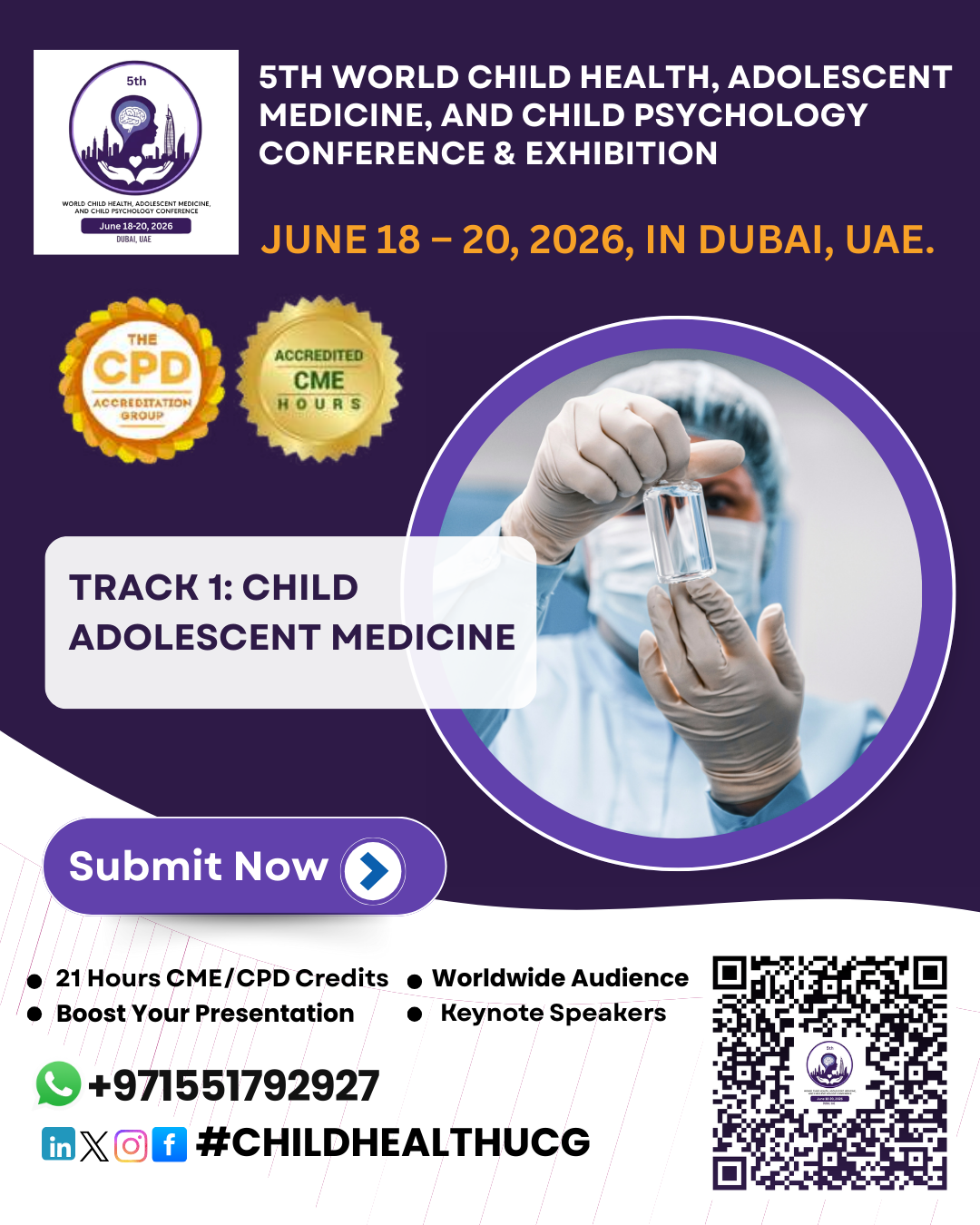



Sub Topics:
Adolescent Health, Pediatric Cardiology, Pediatric...

What is Adolescent Health?
Adolescent health focuses on the physical, mental,...

What are Eating Disorders and
Body Image Issues
Eating disorders are serious mental health conditions
characterized by unhealthy eating behaviors and preoccupations with food,
weight, and body shape. These disorders often stem from distorted body image
perceptions and can have severe physical and psychological consequences. Body
image issues refer to a person’s negative perception of their own body, which
can lead to dissatisfaction, low self-esteem, and unhealthy behaviors. Both
eating disorders and body image issues can significantly impact an individual’s
overall well-being and quality of life.
What Do Eating Disorder
Professionals Do
Professionals specializing in eating disorders, including
psychologists, psychiatrists, dietitians, and counselors, provide comprehensive
care to individuals struggling with these conditions.
Diagnosis
and Assessment: Identifying eating disorders and
related mental health issues through thorough assessments and diagnostic
criteria.
Therapeutic
Interventions: Offering evidence-based therapies
such as Cognitive Behavioral Therapy (CBT), Dialectical Behavior Therapy (DBT),
and family-based therapy to address underlying psychological factors.
Nutritional
Counseling: Providing education and support on healthy eating habits
and meal planning to restore nutritional balance.
Medical
Monitoring: Collaborating with healthcare providers to monitor
physical health and manage medical complications associated with eating
disorders.
Support
and Education: Offering individual, group, and
family therapy to support recovery and educate loved ones on how to help.
Relapse
Prevention: Developing strategies to prevent
relapse and promote long-term recovery.
Advocacy
and Awareness: Promoting awareness and education
on eating disorders and body image issues to reduce stigma and encourage early
intervention.
These professionals play a critical role in helping individuals recover from eating disorders and develop a healthy relationship with food and their bodies.